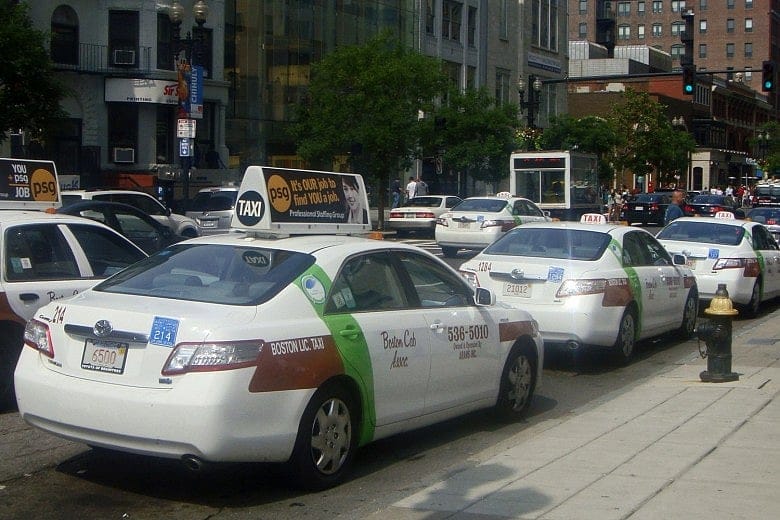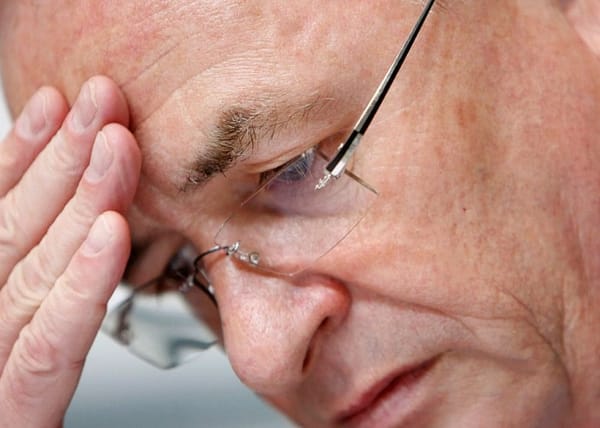Uber may be driven from Boston by proposed rules

An Uber bill pending in the State House would throttle the car-ride service in Massachusetts by saddling drivers with costly insurance requirements and intrusive background checks, according to both the company and a Pioneer Institute analysis.
The bill, H.3702, would force drivers for ride-sharing companies to take out $1 million liability policies that would cover them at all times, not just when picking up and transporting fares, the study from the nonprofit public-policy organization says. The measure would also go further than other proposed regulations in requiring would-be drivers for Lyft, Uber and others to provide fingerprints and submit to background checks against multiple databases for criminal records, according to Pioneer's analysis.

